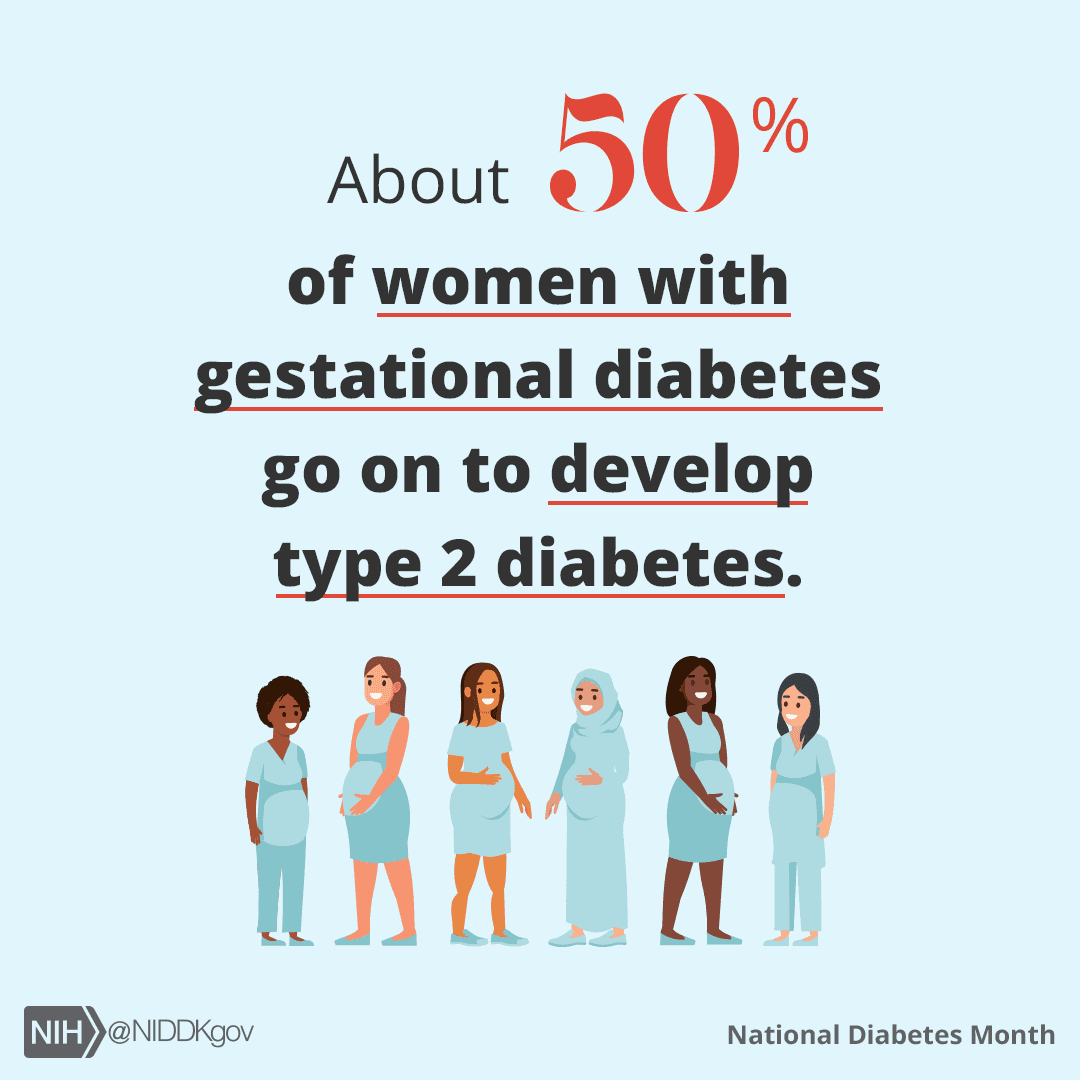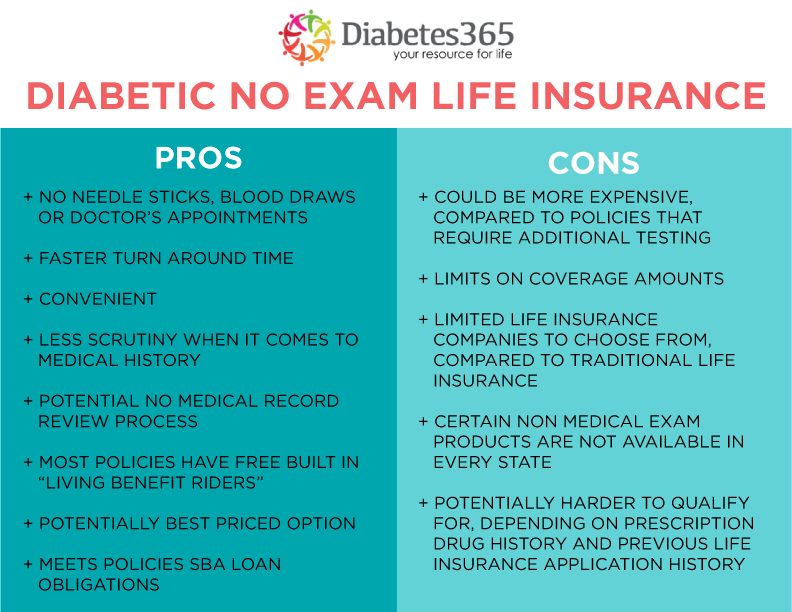Health Insurance for Diabetes: What You Should Know-www.waukeshahealthinsurance.com-www.waukeshahealthinsurance.com
Managing diabetes effectively requires regular medical check-ups, medications, supplies like glucose monitors and insulin, and potentially specialized care. Therefore, having comprehensive health insurance is crucial for individuals living with diabetes. This article explores the essential aspects of health insurance coverage for diabetes, helping you navigate the complexities and make informed decisions about your care.

Understanding Your Diabetes and Insurance Needs:
Before diving into the specifics of insurance plans, understanding your own diabetes is paramount. Type 1 and Type 2 diabetes differ in their management and associated costs. Type 1 diabetes requires lifelong insulin therapy, while Type 2 diabetes may be managed through lifestyle changes, oral medications, or insulin, depending on the individual’s needs. The severity of your diabetes and any related complications (such as heart disease, kidney disease, or nerve damage) will also influence your healthcare expenses and insurance requirements.
Key Aspects of Health Insurance Coverage for Diabetes:
A comprehensive health insurance plan for diabetes should cover several key areas:
Doctor Visits: Regular check-ups with your primary care physician and endocrinologist are essential for managing diabetes. Your insurance should cover these routine visits, as well as any necessary specialist consultations. Find a plan that offers comprehensive coverage for physician visits by exploring our plans at www.waukeshahealthinsurance.com.
Prescription Medications: Diabetes medications, including insulin, oral hypoglycemics, and other related drugs, can be expensive. Your insurance plan should provide adequate coverage for these medications, ideally through a formulary with favorable cost-sharing. Check the formulary of different plans on www.waukeshahealthinsurance.com to compare medication coverage.

Medical Supplies: Managing diabetes often requires various supplies, including glucose monitoring devices, test strips, lancets, insulin syringes, and insulin pumps. Your insurance should cover these supplies, either fully or partially, depending on the plan’s benefits. Understanding the coverage for medical supplies is crucial; compare plans at www.waukeshahealthinsurance.com.
Hospitalization and Emergency Care: In case of complications like diabetic ketoacidosis (DKA) or hyperosmolar hyperglycemic state (HHS), hospitalization may be necessary. Your insurance should cover the costs associated with hospitalization, emergency room visits, and related procedures. Ensure your chosen plan offers adequate coverage for hospitalization and emergency care; visit www.waukeshahealthinsurance.com for details.
Preventive Care: Preventive care, such as annual eye exams, foot exams, and blood pressure monitoring, is vital for preventing complications. The Affordable Care Act (ACA) mandates that most health insurance plans cover preventive services related to diabetes at no cost to the insured. Confirm preventive care coverage by reviewing plans on www.waukeshahealthinsurance.com.
Durable Medical Equipment (DME): Individuals with diabetes may require DME such as insulin pumps, continuous glucose monitors (CGMs), and blood glucose meters. Insurance coverage for DME varies widely, so it’s essential to understand your plan’s benefits. Compare DME coverage across different plans on www.waukeshahealthinsurance.com.

Navigating the Health Insurance Marketplace:
Choosing the right health insurance plan can be overwhelming. Several factors need consideration:
Plan Type: Understand the differences between HMOs (Health Maintenance Organizations), PPOs (Preferred Provider Organizations), and EPOs (Exclusive Provider Organizations). Each plan type has its own network of doctors and hospitals, and cost-sharing structures.
Premium Costs: The monthly premium is the amount you pay for your insurance coverage. Lower premiums may mean higher out-of-pocket costs, such as deductibles and co-pays.
Deductibles: The deductible is the amount you must pay out-of-pocket before your insurance coverage kicks in.
Co-pays: Co-pays are fixed amounts you pay for doctor visits and other services.
Coinsurance: Coinsurance is the percentage of costs you share with your insurance company after you’ve met your deductible.
Out-of-Pocket Maximum: This is the maximum amount you’ll pay out-of-pocket in a year. Once you reach this limit, your insurance will cover 100% of your eligible expenses.
Understanding Medicare and Medicaid Coverage for Diabetes:
For seniors (65 and older) and individuals with disabilities, Medicare and Medicaid offer crucial health insurance coverage. Medicare Part B covers doctor visits, outpatient care, and some medical supplies. Medicare Part D covers prescription drugs. Medicaid eligibility varies by state, but it can provide comprehensive coverage for individuals with low incomes.
Tips for Managing Your Diabetes and Insurance:
Work closely with your healthcare team: Regular communication with your doctor and other healthcare professionals is essential for managing your diabetes and ensuring you receive the necessary care.
Understand your insurance plan’s benefits: Review your plan’s summary of benefits and coverage (SBC) carefully to understand your cost-sharing responsibilities.
Track your medical expenses: Keep records of all your medical bills and receipts to ensure accurate reimbursement from your insurance company.
Explore available resources: Many organizations offer support and resources for individuals with diabetes. These resources can help you manage your condition and navigate the complexities of health insurance.
Consider supplemental insurance: Supplemental insurance, such as a Medicare Supplement plan (Medigap) or a supplemental plan offered through your employer, can help cover out-of-pocket costs not covered by your primary insurance.
Conclusion:
Living with diabetes requires diligent management and access to quality healthcare. Having comprehensive health insurance is essential for managing the condition effectively and avoiding financial burdens. By understanding your diabetes, your insurance options, and your rights as a patient, you can make informed decisions that will positively impact your health and well-being. Remember to utilize available resources and actively engage with your healthcare team to optimize your diabetes management and insurance coverage. For assistance finding the right health insurance plan in Waukesha, Wisconsin, visit www.waukeshahealthinsurance.com today.
